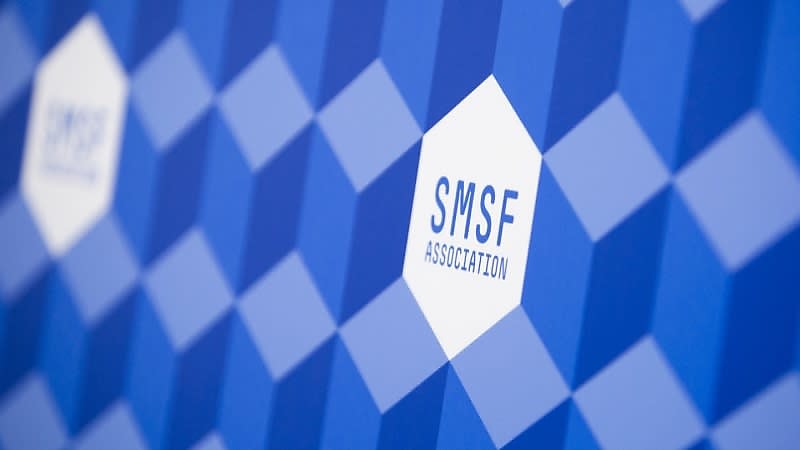SMSFs need special consideration in payday super legislation: SMSFA
Treasury should consider consulting with key stakeholders to ensure the new payday super regime is fit for purpose for SMSFs, the joint bodies have warned.
In its submission to Treasury the joint bodies, including CA ANZ, CPA Australia, the Institute of Pubic Accountants, SMSF Association, and the Tax Institute, made a number of recommendations on how the legislation could accommodate the needs of the SMSF sector including not penalising employers for late payments due to changes in an SMSF's status on Super Fund Lookup.
With more than $1 trillion in assets and 1.18 million members, the joint bodies said the SMSF population is not insignificant and sees more than $5.9 billion in employer contributions made to SMSFs annually.
“Discrete issues arise for employers with employees who are members of SMSFs. These nuances require careful consideration and a practical approach to the operation of the PDS regime for employers,” it continued.
“The complying fund status of an SMSF can be verified at any time via Super Fund Lookup. However, this may be a manual process, is time-consuming, and would be impractical if verification were required for each SMSF every QE day. This is particularly the case where the fund has previously been verified, and regularly receives SG contributions for the employee. “
It added that some software services will undertake a check of Super Fund Lookup when preparing the payroll. However, outcomes vary regarding when an employer is notified of a change in fund status or remittance failure.
“Practical issues can arise as an SMSF’s complying fund status can be changed or withheld by the Commissioner at any time, and without warning. This is problematic for employers as that change can occur between the time the fund’s status was checked and when the employer remits the SG contributions,” it said.
“The greatest risk to employers arises from the status of the fund changing to ‘regulation details withheld’. The withdrawal of these particulars prevents the transmission of SG contributions via SuperStream as the complying fund status cannot be verified. This can result in SG contributions being rejected, which can subject the employer to the SG charge.”
The submission said although it acknowledges that SMSF trustees must meet their statutory reporting obligations, the system is imperfect and, at times, fund details have been withheld in error, such as where a registered tax agent formally arranges for a lodgment extension.
“Heavy reliance is placed on the employee notifying the employer of their fund’s change of status, however, in practice, often the employee/trustee is unaware of the change of fund status,” it said.
The joint bodies recommended that where an employer has previously confirmed the SMSF’s particulars, including its complying fund status, and has been making regular SG contributions to the fund, the employer should not be penalised for a late payment of the employee’s SG due to a change in the status of the fund on Super Fund Lookup.
“The 21-day window that applies when onboarding a new employee should also apply to failed SG remittances to SMSFs due to a change in the fund’s status. Alternatively, the timeframe could be aligned with the 42-day window that applies in the case of stapled and default funds,” it added.
“This would allow additional time for the employer to either recontribute to the SMSF, where the fund’s status is restored in time, or have the employee provide details of an alternative superannuation fund account.“
Furthermore, the submission stated that the impact a reporting regime would have for the SMSF sector is a complex issue given the highly fragmented nature of the SMSF population, and it recommended that SMSFs be excluded from the compulsory fund reporting regime until it is “fit for purpose” for the sector.
“Aligning reporting by SMSFs with the proposed fund reporting obligations would have imposed significant demand on registered tax agents and fund administrators,” it said.
Regarding employer assessments ATO reconciliations and issuance of employer assessments, the joint bodies said this must be approached with caution where the pool of employees includes members of SMSFs.
“SMSFs are excluded from the MATS reporting framework, so any fund reporting data will be absent for those members. This may distort the assessment process and could result in default assessments being issued,” it added.
“This would impose an unnecessary administrative burden and cost on compliant employers when objecting to an ATO assessment.”
It is recommended that while employer contributions received are reported in aggregate in the SAR, consideration should be given to including a schedule in the SAR to satisfy the PDS reporting requirements for each financial year.
Additionally, it stated the Commissioner should be able to request an interim statement from an SMSF trustee where there are concerns as to whether an employee’s contributions have been received by the fund.
“[We also recommend the introduction] of voluntary reporting of non-payment of SG to the ATO by the trustee of the SMSF and actively promote this to members of SMSFs that receive SG contributions,” it stated.
“As well, given that MATS does not apply to SMSFs, the Commissioner should be required to contact employees where the ATO has concerns about the non-payment of SG contributions to their SMSFs, asking them to check their contributions, and report any non-payment.”


